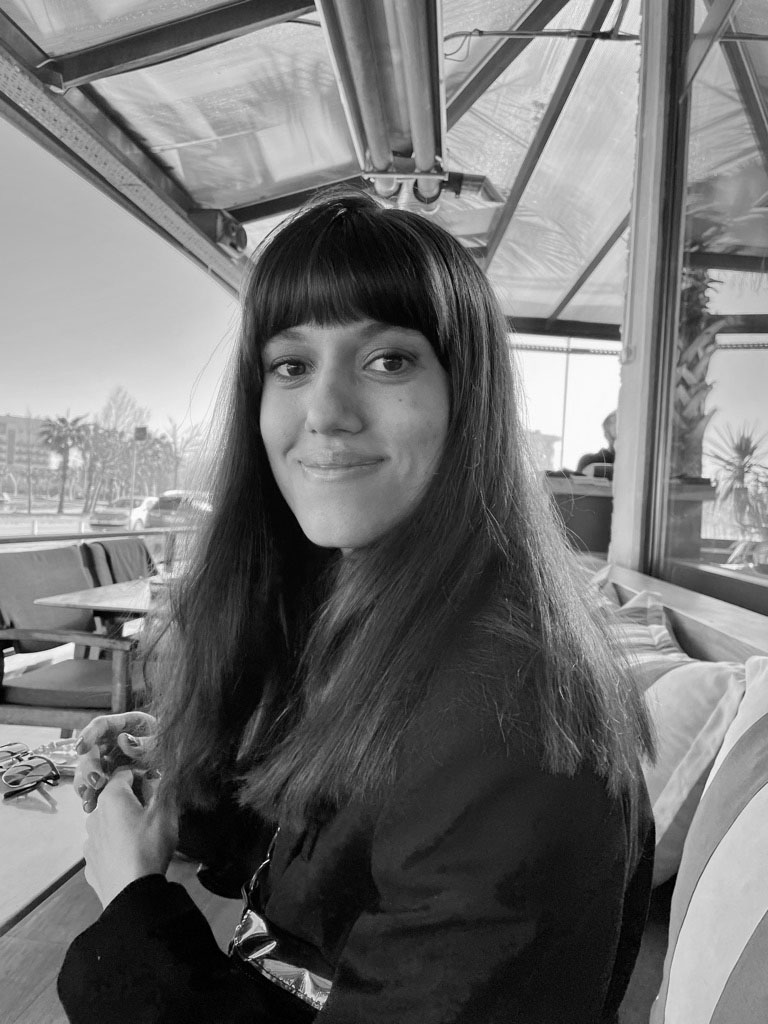Ne işe yarar
As Kikkis, we upcycle orange by-products. By utilizing the post-production orange waste of food businesses, we reduce the impact on nature. By combining our biomaterials with additive manufacturing, we are creating a breakthrough in the decoration industry.
İlham kaynağın
The products we purchase are not produced in a recyclable form. It either goes to trash sites or cannot gain a place in the recycling chain. At the same time, it is seen that recycling alone does not provide a solution to cope with plastic waste. People are looking for products made from alternative materials. Turkey is a Mediterranean country and an orange paradise. Production and consumption are hands in hand. We have developed a way to turn this consumption into an opportunity.
Nasıl Çalışıyor
Orange waste collected from the local food industries is used to make our biomaterials. Once the orange waste is dried and ground, auxiliary binders are added to the mix to create our biomaterial. After these steps, it is ready to turn into beautiful home accessories. Our biomaterial consists of 100% natural materials. It can biodegrade harmlessly in soil within 2-3 weeks under normal conditions. The material shares similar properties with ceramic and plastic, but it is much more sustainable, as it does not need raw material. Since it is suitable for additive manufacturing, it allows different designs to be produced without needing molds. Decoration and furniture industries need a change. Frequent use of unsustainable materials and trend changes result in millions of tonnes of waste annually. Because of this waste, the material was deemed suitable for the decoration industry.
Tasarım süreci
We started the design process with the search for alternative sustainable materials to make a prototype of a project we participated in a design competition 2 years ago. During this time, we tried different organic wastes such as tea, coffee grounds, and oranges. But the process changed direction when we discovered that orange peels are rich in pectin and cellulose, helping to reduce the amount of other binders used. We found that the material we made from orange is very suitable for LDM (Liquid Deposition Modelling) 3D printers because of its much higher surface adhesion and fluidity. It is suitable for the furniture and home decoration industry, as it can take any shape that a 3D printer can produce.
Nasıl bir farkı var
One of the most important features that make our design unique is that it consists of 100% natural ingredients and can be dissolved in the soil harmlessly by cold composting. Kikkis consumes less energy and resources, as the energy, water, and infrastructure required for industrial compost are 53 times greater than for cold composting. By using waste collected from food businesses, we both help companies reduce their carbon footprints and reduce their liabilities regarding waste management processes. But most importantly, we create a cleaner world for future generations by upcycling orange waste and reducing the need for plastic and other raw materials.
Gelecek planları
With the support we will receive, we aim to conduct studies on the water resistance performance of the material. We want to perform surface durability and solubility tests for our material and obtain carbon footprinting and biodegradability certificates. We have a passion for making the material suitable for mass production. We hope to design and produce for the furniture industry after the material has proven itself in the home accessories industry.
Ödüller
Scale 360 Turkey Circular Innovation, Finalist TUBITAK BIGGbio, Second Phase Startup



İletişim/Bağlan